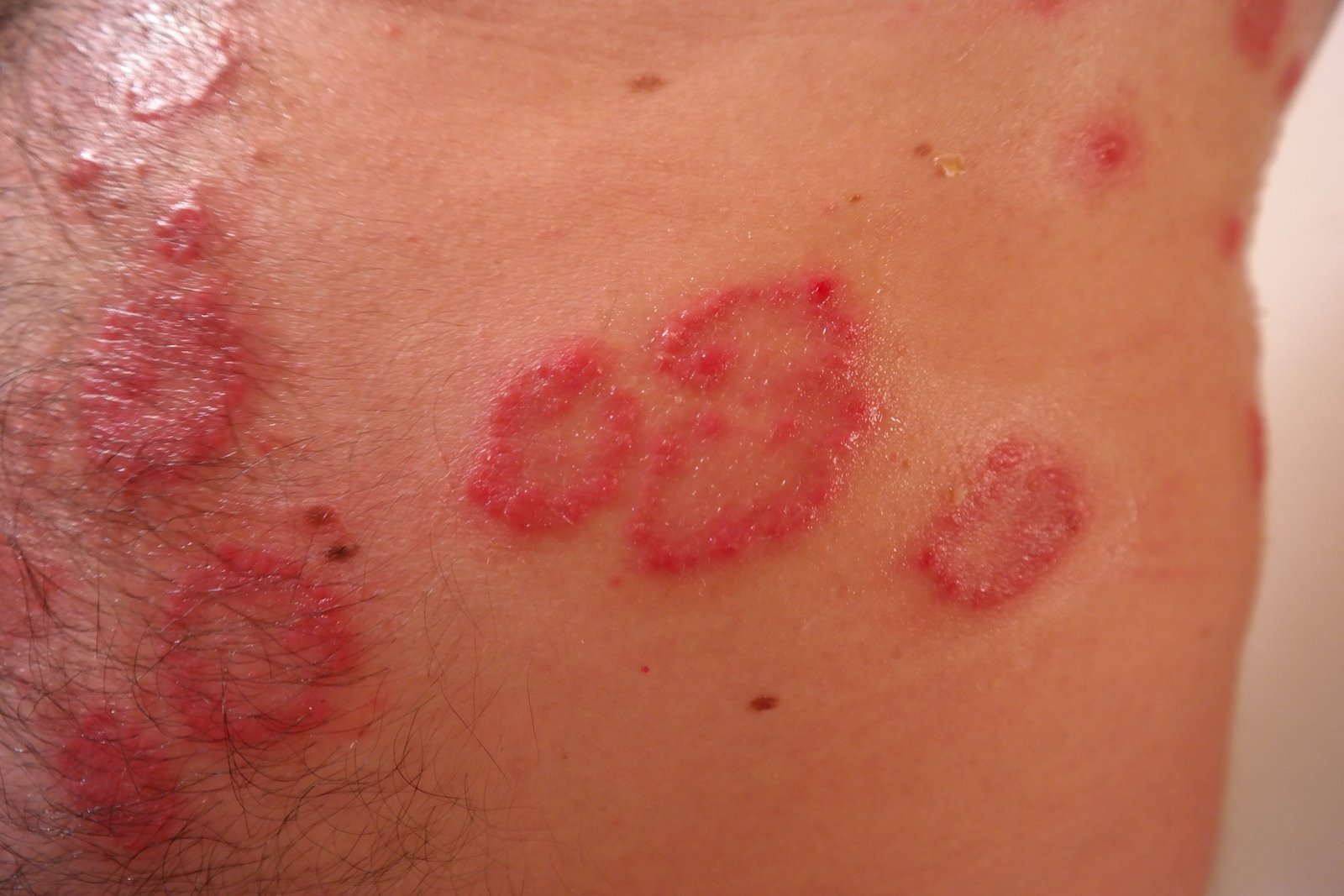
Health Hazards Associated With Household Mold
Mold is one of the home’s silent killers. It can often spread entirely undetected, and yet it can wreak absolute havoc on your respiratory system, incur severe allergies, and generally ruin your physical health.
Mold is a catchall term for different types of fungi that grow unwanted, sometimes in strange colors, both indoors and outdoors. They can emit unpleasant, musty odors and dark, damp basements, moldy carpets, and shower tiles tend to be their domain.

Clearly, mold is one of those things that can grow everywhere, it only requires moisture. It can also grow exponentially faster in areas that have lots of bacteria, dust and dust mites, and airborne chemicals or gases emitted by the destruction of various materials. This all sounds fairly distressing, so better call the mold inspection Denver professionals to eradicate them and prevent health problems. If you are curious about the kinds of health problems that can occur when in close and sustained contact with mold, then read on for more information.
Allergies and Asthma
Mold exposure can aggravate your sinuses and ability to breathe normally since it engenders harmful immune responses and creates a great deal of hypersensitivity. People who spend too much time in damp, moldy environments contract upper respiratory tract symptoms such as sneezing, coughing, wheezing, which can then even lead to asthma. This isn’t just a result of unclean and damp areas full of wet carpets. It could very well be the result of something in the shower, for example. As the experts from GreenWorks Environmental indicate, only deep cleaning and disinfecting of spaces can help sanitize your living space properly, and spare you the trouble of getting sick. While allergies are a difficult evil to suffer through, rest assured that the situation can be rectified fairly quickly with a thorough cleaning.
Infections
Spending time in damp and moldy homes or apartment buildings can increase the risk of bronchitis and respiratory infections. Granted, the science indicates that people who get this sick because of mold must already suffer from conditions such as asthma, cystic fibrosis, or overall immune deficiency. However, prolonged exposure to mold can definitely exacerbate any condition.

Less frightening infections – but nonetheless terrible and painful – such as athlete’s foot and thrush can also result due to prolonged exposure to indoor mold.
Pulmonary Hemorrhage
One of the truly terrifying illnesses that can occur due to household mold is pulmonary hemorrhage, better known as bleeding in the lungs. Especially when it comes to children whose budding immune and respiratory systems respond so differently. Black mold in particular has been noted as the scourge of homes wherein children get sick easily, notably leading to cardiac and vascular malformations, infectious processes, or major infections that inevitably lead to hemorrhaging.
Toxic Mold Syndrome
Speaking of black mold, it has often been blamed for a condition called toxic mold syndrome. This is a constellation of seemingly disparate symptoms caused by mold, and they are often – surprisingly – linked to mental health. The symptoms in question tend to be psychiatric, such as depression, anxiety, trouble with concentrating, and insomnia. Given that it is less easy to quantify, toxic mold syndrome can often go undiagnosed and the exact number of people suffering from it isn’t easy to find in hard statistics. However, it has been determined that extended exposure to indoor mold is a key culprit since those in question also tend to experience wheezing, sneezing, itchy eyes, and other physical symptoms that are more familiar.
Rash
Another autoimmune response, a skin rash can definitely result from toxic mold exposure. If you have a bright red patch on your skin that’s super itchy, then be careful and refrain from scratching. Scratching can break the skin and allow for an infection to set it. A rash can also be swollen, warm to the touch, painful, and in the worst cases, result in discharge.

Feeling Feverish
Another side effect of extended mold exposure is getting a high fever and feeling unable to breathe properly. While this might be a fairly uncommon reaction to household mold, it can definitely happen to many people particularly those who have fairly weak immune systems. In addition, getting a fever can be an indication of other health issues related to mold that can possibly be more harmful, such as infection or bronchitis.
In general, a clean and thoroughly disinfected home will save you and your family a lot of agonies when it comes to suffering from the effects of mold. Be sure to remember that if you experience any of the symptoms discussed above, especially itchy eyes, fever, and wheezing since considerable damage can be done to the lungs and central airways if you’re not careful.









Elisa
You are right, it is better to get rid of such things immediately. Mold in the house not only spoils the appearance of the room, but also significantly worsens human health, causing all kinds of allergic reactions. Now there are mold removal companies in every city that can give you a professional company.